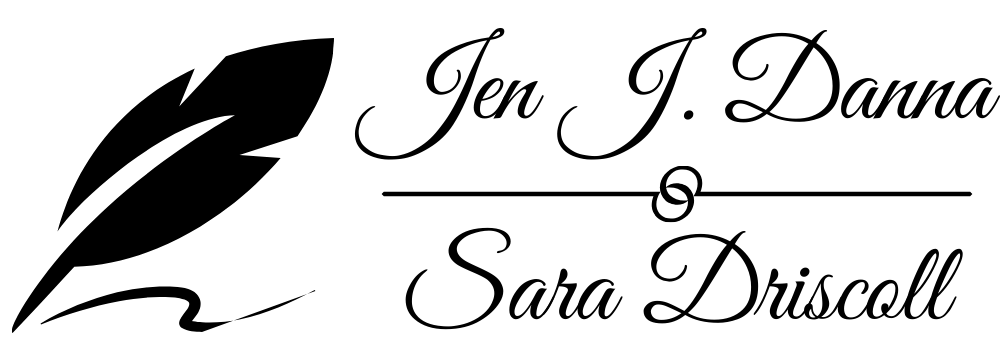High Concept Writing
/ I’m back from a crazy week of travelling for my jobs as both an author and a scientist. A week ago, I attended New England Crime Bake in Boston, combining the conference with an opportunity to do some final research for TWO PARTS BLOODY MURDER. One of the panels I attended was on high concept writing, and I wanted to share some of that content here.
I’m back from a crazy week of travelling for my jobs as both an author and a scientist. A week ago, I attended New England Crime Bake in Boston, combining the conference with an opportunity to do some final research for TWO PARTS BLOODY MURDER. One of the panels I attended was on high concept writing, and I wanted to share some of that content here.
One of the most interesting parts of the panel—which consisted of five authors (Robin Cook, Hallie Ephron, Chris Knopf, Daniel Palmer, and Len Rosen, moderated by Ray Daniel)—was that they had a hard time even describing the idea of ‘high concept’. It’s one of those things that everyone wants, but has a hard time putting into words without using an example as the entire description.
In basic terms, high concept should encapsulate your story in a single sentence, in a way that makes your reader say Ohhhhh… Essentially, you’re explaining the hook of your book without actually talking about it, in a length that could be easily contained on a cocktail napkin.
So what exactly do they mean by this? Robin Cook, the author of Outbreak, Critical, and Contagion, summed up his breakthrough novel Coma like this: Bad doctors in bad hospitals. He then explained that at the time (1977), most doctors were represented by the likes of Marcus Welby, so this was the antithesis of the current mindset surrounding medical professionals.
So what are some examples of high concept, that thing that no one knows what it means, yet everyone wants? Michael Crichton is considered the king of high concept, so let’s look at several of his works to get the idea:
Jurassic Park— Creatures extinct for eons roam Jurassic Park, and the entire world can visit them for a price… until something goes wrong.
The Andromeda Strain—A deadly extraterrestrial microorganism threatens to annihilate human life.
Sphere—A group of scientists investigate a spaceship discovered on the ocean floor.
The ultimate form of high concept writing encapsulates the idea in only a few words in the title—Snakes on a Plane—or in even a single word—Sharknado. Without hearing details about the story, the title encapsulates the hook. Granted, even having a catchy high concept title isn’t a guarantee of success—Snakes on a Plane never earned out at the box office.
Bottom line—is a high concept something that every book needs? Absolutely not, especially if you are writing literary fiction. But if you are writing fiction with that pop you love in some of your favourite thrillers or action/adventure movies, you may want to work on this kind of hook. Then before you know it, your novel may be the next high concept idea showing on your local IMAX screen.
Photo credit: Universal Studios



 COMPLETE!
COMPLETE! Planning
Planning